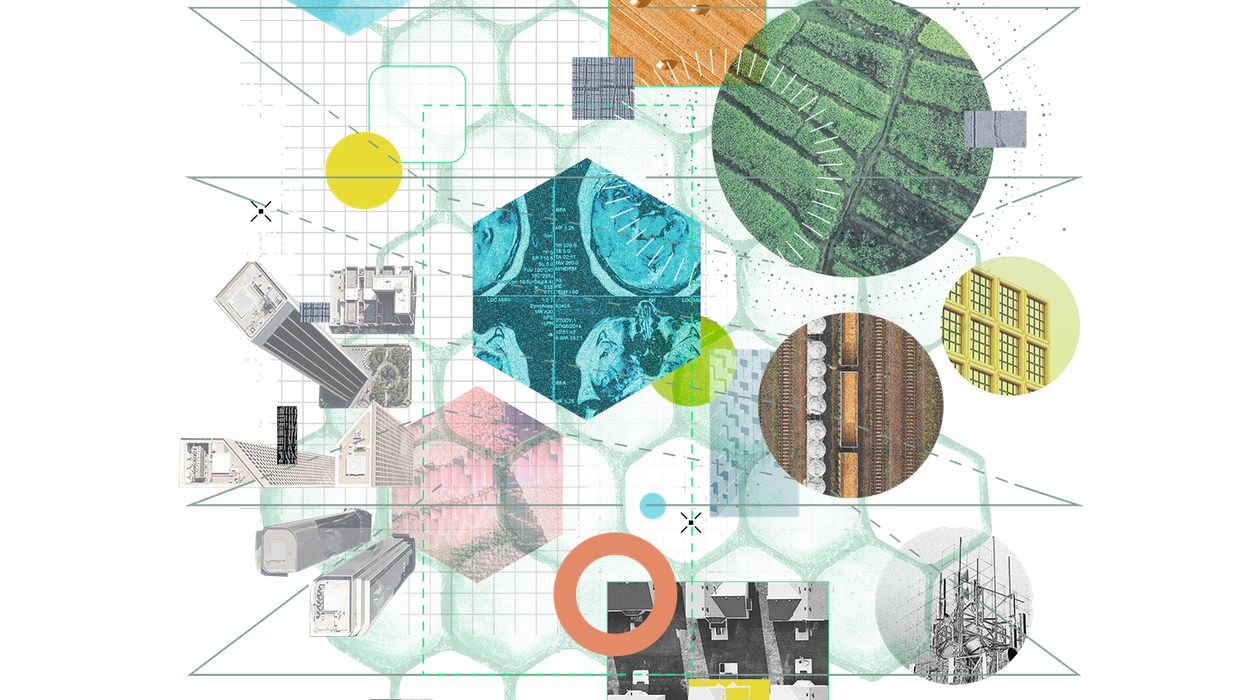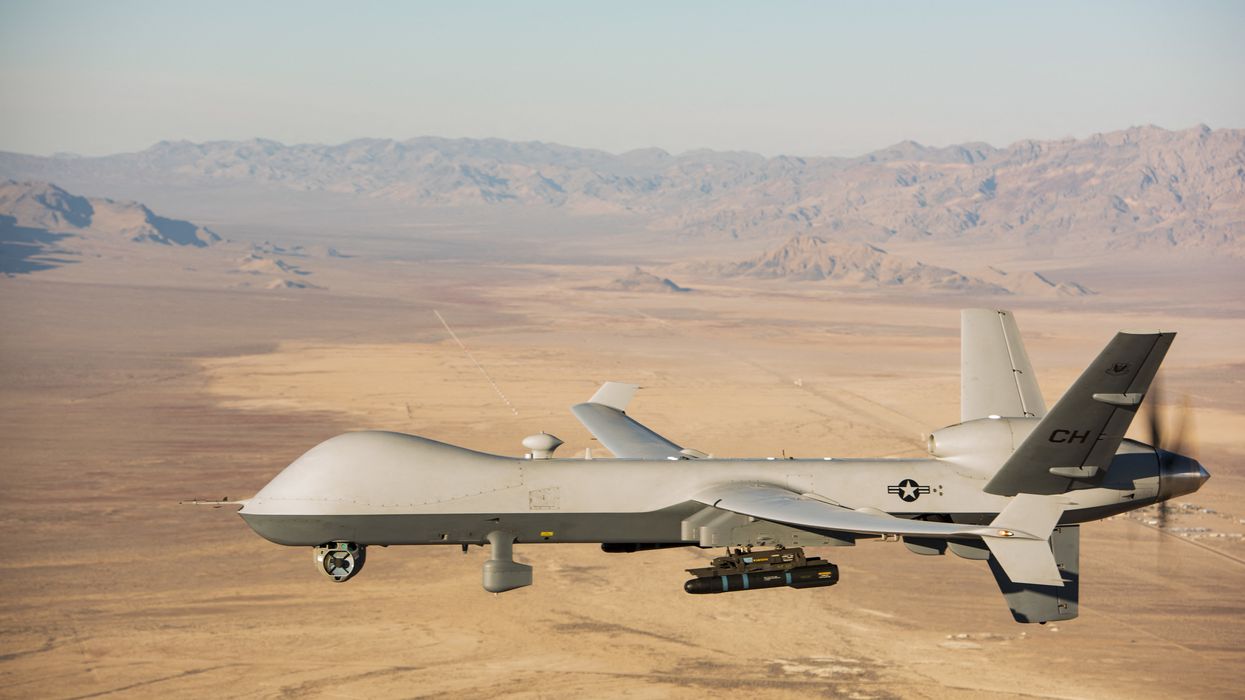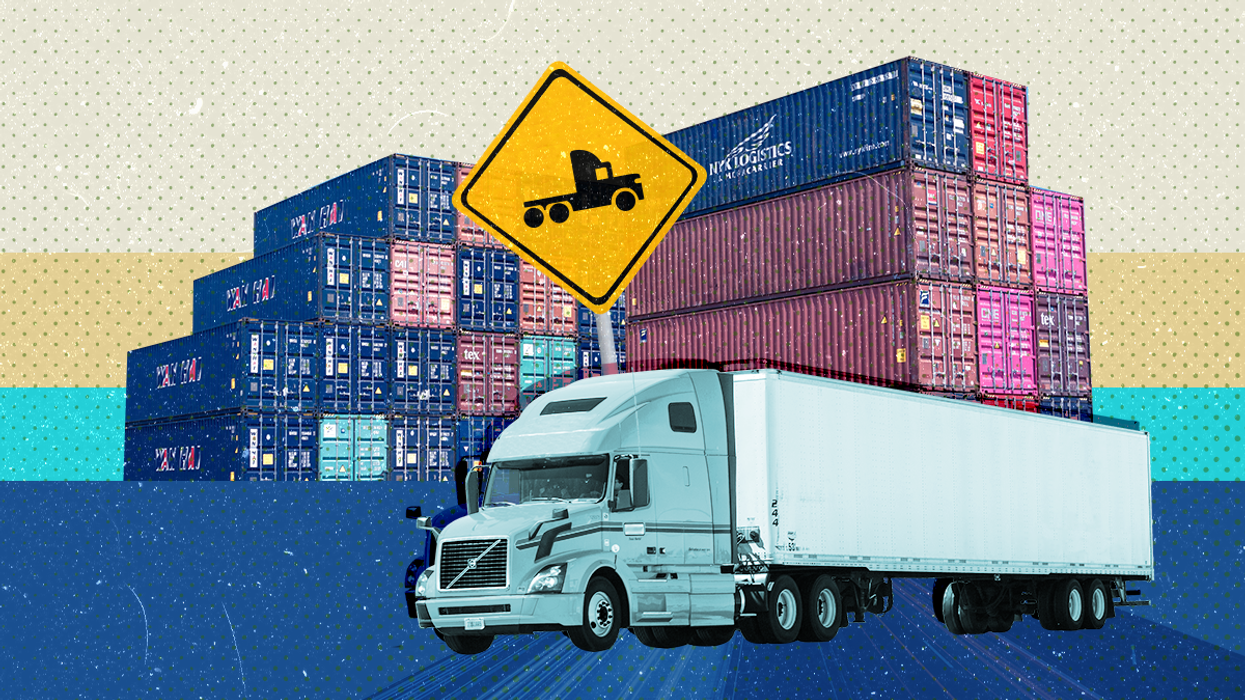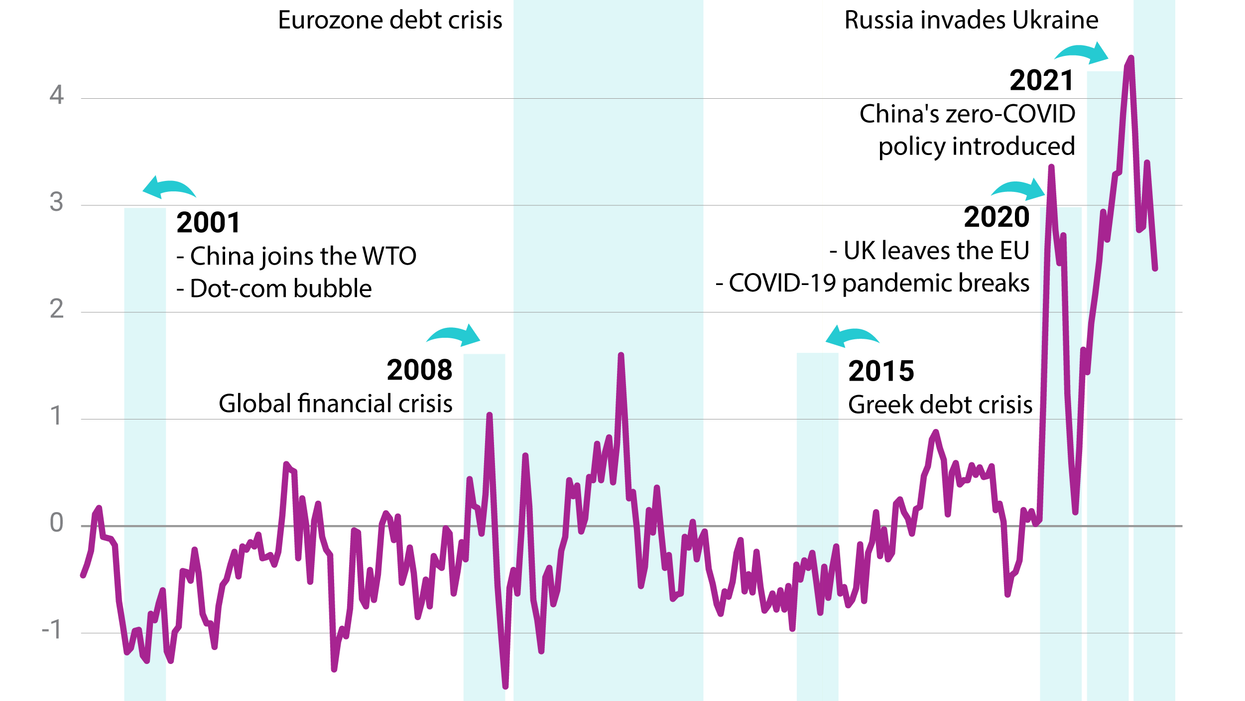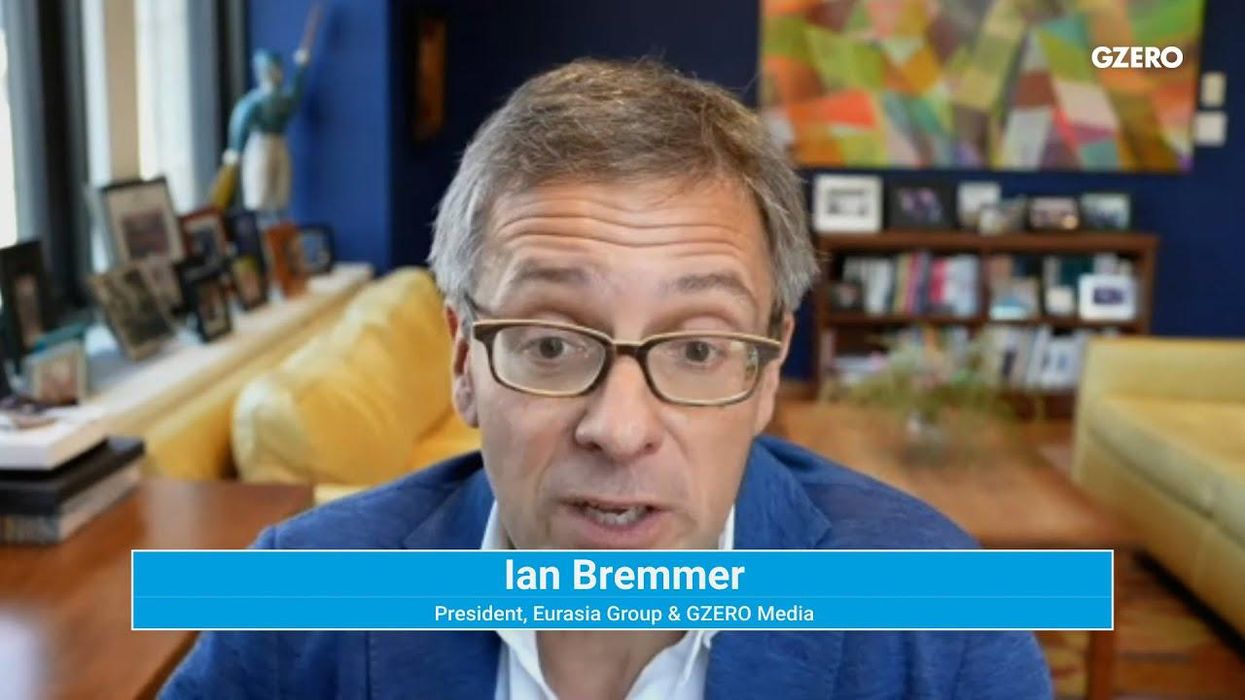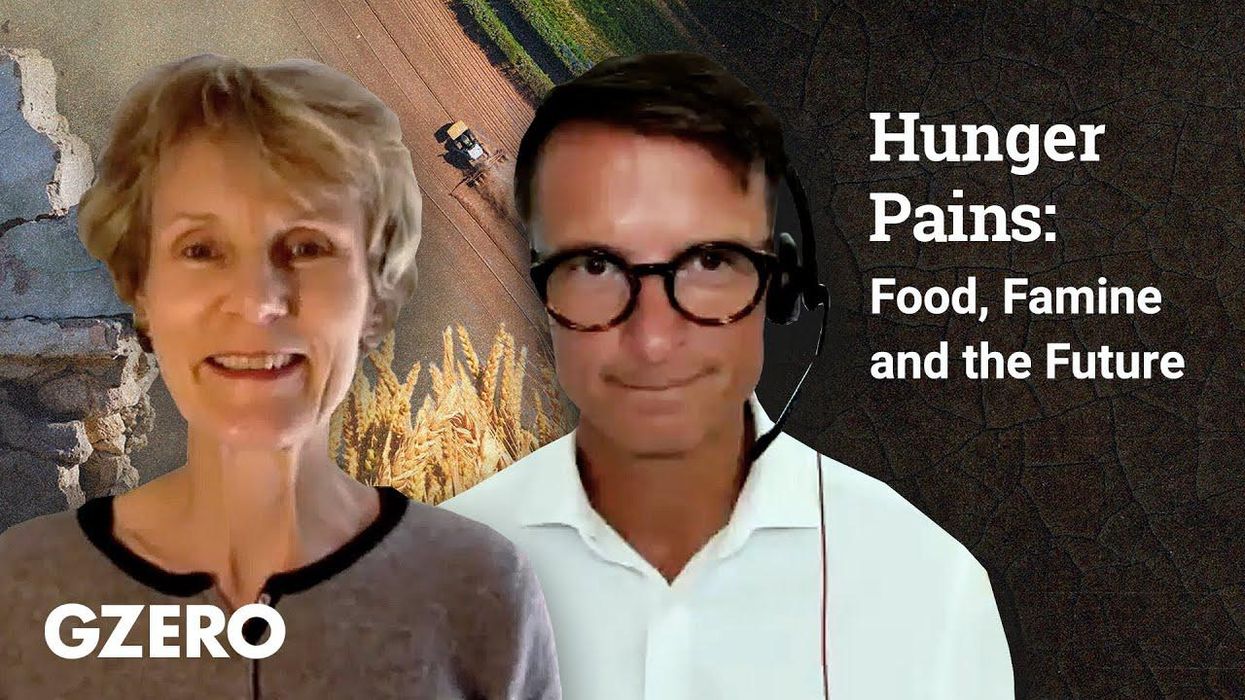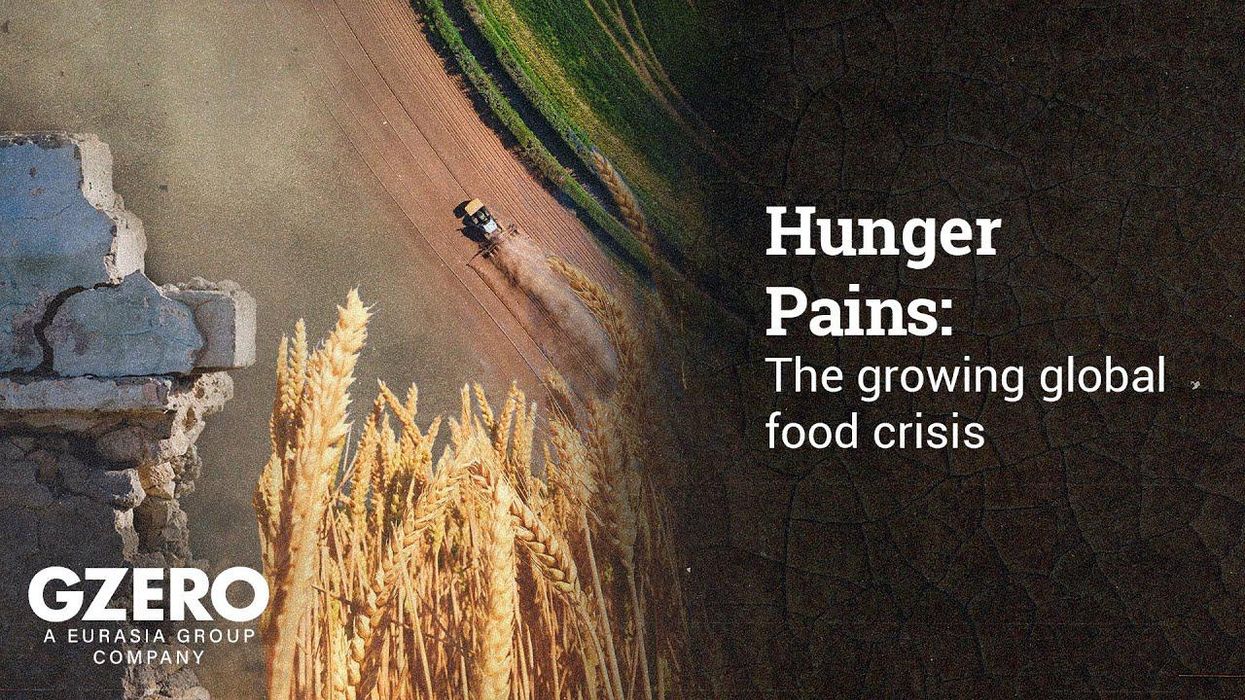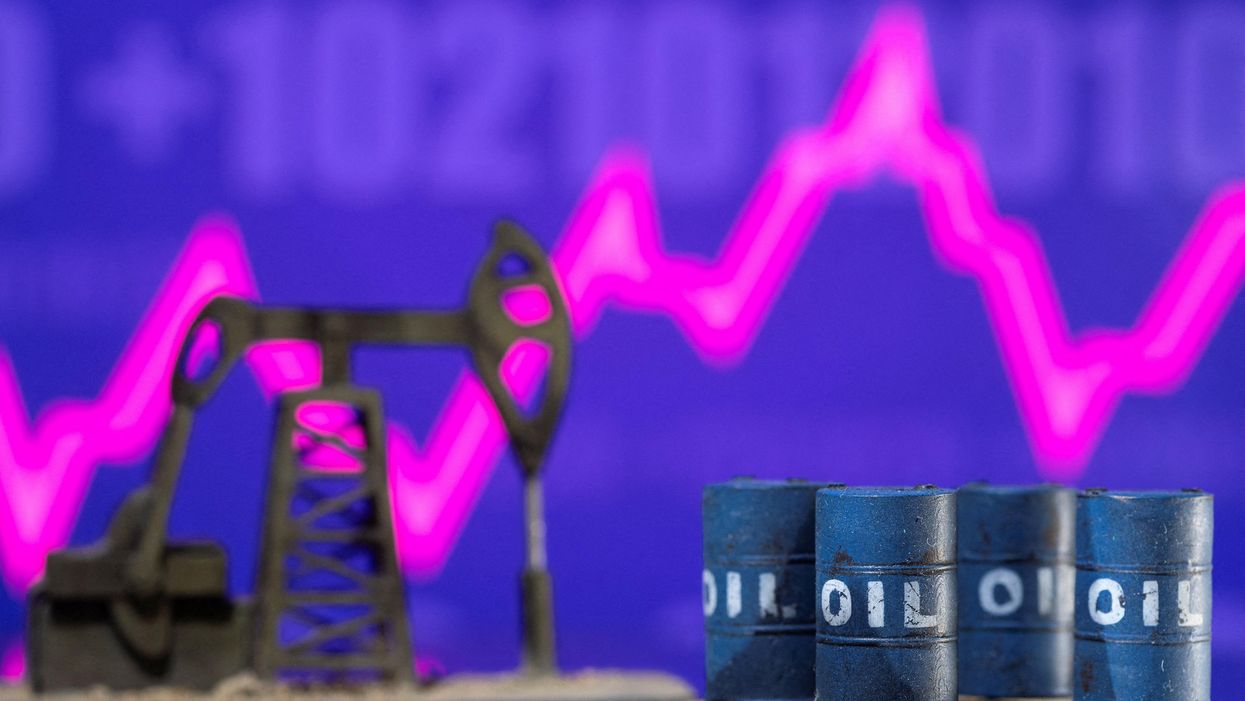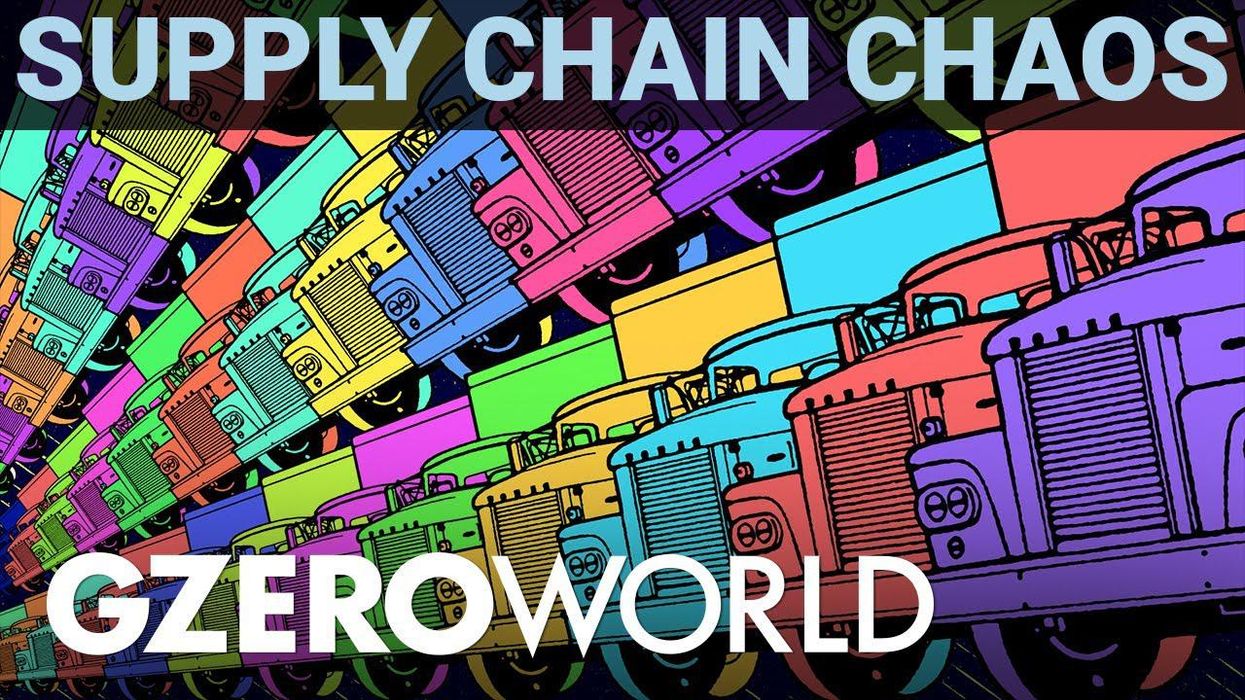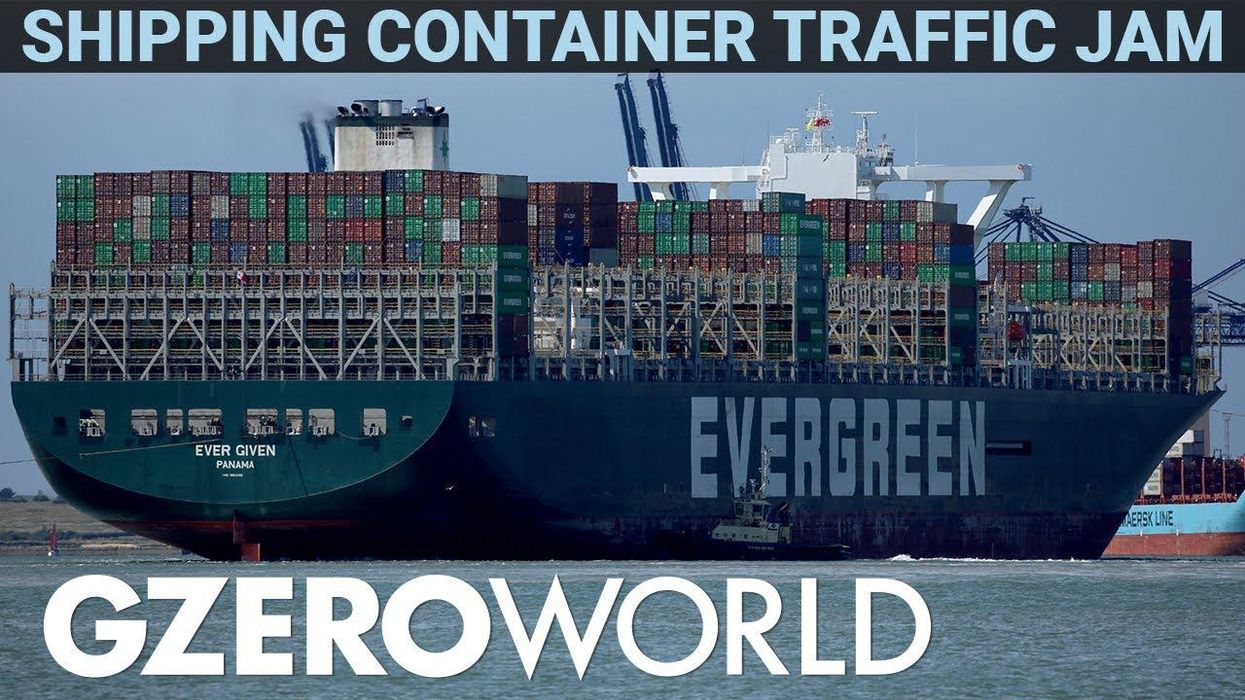Living Beyond Borders Podcasts
Episode 4: Broken (supply) chains
Listen: "Other than the impacts of the pandemic, which are easing, and from Russia/Ukraine, I'd say that the greatest risk to global supply chains today and moving forward will likely be from the U.S. China relationship, and the movement towards selective decoupling," says Jon Lang, Director for Trade and Supply Chains at Eurasia Group. In the latest episode of Living Beyond Borders, Lang is joined by Charlie Reinhard, Head of Investment Strategy for North America at Citi Global Wealth Investments, to discuss how global supply chains have largely adapted to and moved on from changes that occurred during the global pandemic.
Apr 20, 2023
